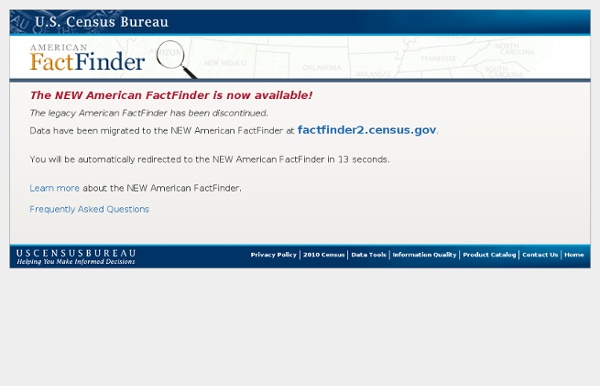



Occupational Outlook Handbook, 2010-11 Edition Funeral Directors Funeral directors, also called morticians and undertakers, manage funeral homes and arrange the details of a funeral. view profile » Insurance Underwriters Insurance underwriters decide whether to provide insurance and under what terms. Computer and Information Research Scientists Computer and information research scientists invent and design new technology and find new uses for existing technology. Mathematicians Mathematicians use high-level mathematics and technology to develop new mathematical principles, understand relationships between existing principles, and solve real-world problems. Atmospheric Scientists, Including Meteorologists Atmospheric scientists study weather, climate, and other aspects of the atmosphere. Economists Economists study the production and distribution of resources, goods, and services. Health Educators Health educators teach people about behaviors that promote wellness. Court Reporters Dietitians and Nutritionists Audiologists Travel Agents Legislators
FedStats Democratic Party (United States) Since the 1930s, the party has promoted a social liberal platform.[2][11][12] Until the late 20th century the party had a powerful conservative and populist wing based in the rural South, which over time has greatly diminished. Today its Congressional caucus is composed mostly of progressives and centrists.[13] History The Democratic Party evolved from the Jeffersonian Republican or Democratic-Republican Party organized by Thomas Jefferson and James Madison in opposition to the Federalist party of Alexander Hamilton and John Adams. The party favored republicanism, a weak federal government, states' rights, agrarian interests (especially Southern planters) and strict adherence to the Constitution; it opposed a national bank, close ties to Great Britain, and business and banking interests. 1860s 1900s Agrarian Democrats demanding Free Silver overthrew the Bourbon Democrats in 1896 and nominated William Jennings Bryan for the presidency (a nomination repeated by Democrats in 1900 and 1908).
AAHA | AAHA Guidelines OTHER SITES: Career Center | DEVTP | JAAHA | NEWStat | Microchip Lookup | My Veterinary Career | Pet Owners | Students | Yearly Conference Search: More search options Login: Remember me? Login Help | Create Account Guidelines & Toolkits <div style="background-color:Red; text-align:center; color:White; width:100%; height:40px; font-size:13px; padding-top:10px;"><strong><span style=" font-size:15px;">JAVA SCRIPT IS DISABLED! AAHAnet | Library | Guidelines & Toolkits | AAHA Guidelines AAHA Guidelines Guidelines are developed by a team of experts to provide recommendations that improve the quality of pet care or provide guidance on other veterinary-related issues. Parasite Counselor This free, one-hour, online course is designed for all veterinary staff. American Animal Hospital Association | Copyright © 2014 | Privacy Statement AAHA Career Opportunities | Contact Us | Advertising and Sponsorship | Going Green Media | Author Submissions | Speakers | Reviewers Click to view all AAHA Sponsors
Merck Veterinary Manual Veterinary Medicine – Dog and Cat Diseases, Vet Schools, Parvo, Vet Questions Democrats.org Health care reform benefit changes in 2011 - Mar. 3 By Parija Kavilanz, senior writerMarch 3, 2011: 6:01 AM ET NEW YORK (CNNMoney) -- Under health care reform, consumers will see several new changes to their insurance coverage this year, the most significant of which affects the nation's 47 million Medicare beneficiaries. Amy Bergner, principal with global benefits consulting firm Mercer, said senior citizens who are also Medicare enrollees will see the biggest effects. "One of the most important changes is how much seniors will now pay for prescription medicines," Bergner said. Here's what you need to know: 50% discount on prescription drugs: On Jan. 1, drugmakers began giving seniors a 50% discount on brand-name prescription medicines filled in the Medicare Part D "coverage gap." When Medicare beneficiaries fall into the coverage gap, also known as the "donut hole," Medicare stops paying for drug coverage and patients can't afford to pay for drugs out-of-pocket. Share this